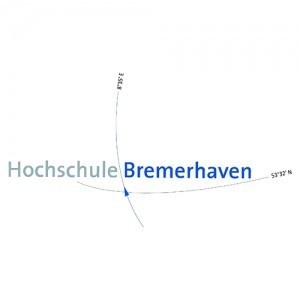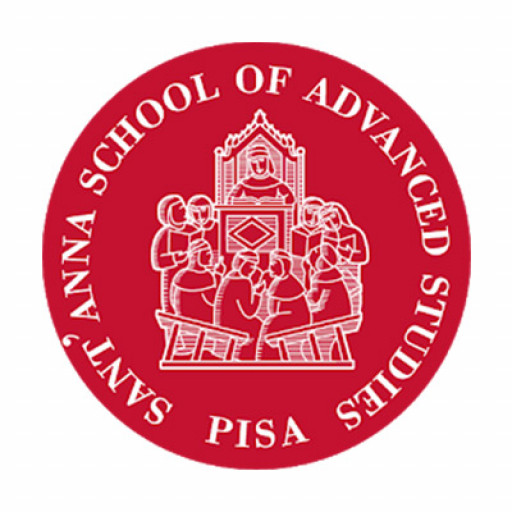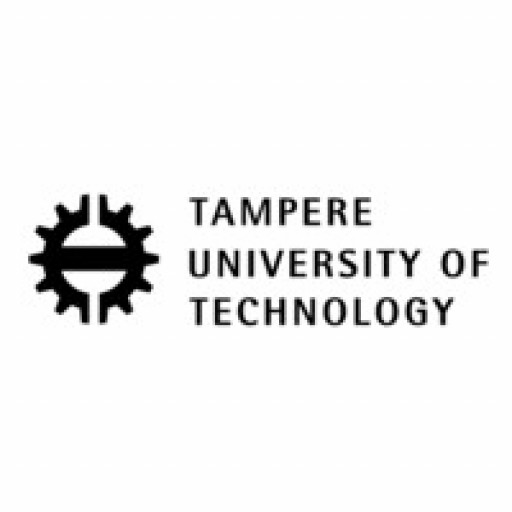Photos of university / #tuchemnitz
Embedded Systems is a comprehensive and challenging Master's degree program offered by Chemnitz University of Technology, designed to prepare students for advanced careers in the development, integration, and management of embedded hardware and software systems. This program combines theoretical foundations with practical skills, focusing on the design and implementation of embedded solutions across various industries such as automotive, automation, consumer electronics, medical devices, and telecommunications. Students will gain in-depth knowledge of computer architecture, real-time operating systems, software engineering, embedded hardware design, and system integration. The curriculum emphasizes interdisciplinary learning, enabling graduates to work effectively at the interface of hardware and software development, as well as understanding system security, energy efficiency, and reliability issues critical in embedded applications. The program is structured to include coursework, laboratory exercises, and project work, often collaborating with industry partners to ensure real-world applicability of skills. Students will have access to state-of-the-art laboratories equipped with modern embedded development tools and testbeds, fostering experiential learning and innovation. The program curriculum also covers topics such as sensor technology, communication protocols, and system optimization, preparing students to address complex engineering challenges. Graduates will be equipped with the technical expertise and practical experience necessary for careers in research, development, and management of embedded systems. The program aims to foster interdisciplinary collaboration, problem-solving abilities, and research competence, making graduates highly competitive in the rapidly evolving technology landscape. As a research-oriented program, students may have the opportunity to participate in cutting-edge projects and contribute to advancements in embedded system technology. Successful completion of the program opens pathways to doctoral studies, or to employment in leading technology companies, industrial firms, or research institutions worldwide.
Educational organisation
Compulsory (obligatory) modules include:- Components & Architectures of Embedded Systems (semester 1, lect/sem/lab)
- Smart Sensor Systems (semester 1, lect/sem/lab)
- Digital Systems (semester 1, lect/sem)
- Design of Software for Embedded Systems (semester 3, lect/sem)
- Real Time Systems (semester 2, lect/sem)
- Project Lab Embedded Systems (semester 2, sem)
- EDA Tools 1 (semester 1, lect/sem/lab)
- Hardware/ Software Codesign 1 (semester 1, lect/sem)
Elective (optional) modules include
Students have to elect modules from the following catalogue in order to earn 44 credits:
- System Design 1 (semester 1, lect/sem/lab) - 3cr
- Design of Heterogeneous Systems (semester 1, lect/sem/lab) - 3cr
- Design for Testability for Circuits & Systems (semester 1, lect/sem) - 2cr
- Realisation of Digital Systems & DSP (semesters 1 & 2, lect/sem) - 7cr
- Hardware/Software Co-design 2 (semester 2, lect/sem) - 5cr
- EDA Tools 2 (semester 2, lect/sem/lab) - 3cr
- Software Environments of Smartphone Applications (semester 3, sem/lab) - 3cr
- Software Platforms for Automotive Systems (semester 3, lect/sem) - 5cr
- Automotive Sensor Systems (semester 2, lect/sem) - 5cr
- Image Processing & Pattern Recognition (semesters 2 & 3, lect/lab) - 5cr
- Multisensoral Systems (semesters 1 & 2, lect/lab) - 4cr
- TV & Video Signal Processing 1 (semester 1, lect/sem) - 3cr
- TV & Video Signal Processing 2 (semester 2, lect/sem) - 3cr
- Computer Vision (semester 2, lect/sem) - 3cr
- 3D Image Processing on Embedded Systems (semester 3, lect/sem) - 3cr
- Numerical Simulation with MATLAB (semester 2, lect/sem) - 2cr
- Mobile Localisation and Navigation(semester 3, lect) - 2cr
- Antennas & Wave Propagation (semester 2, lect) - 2cr
- Self-Organising Networks (semester 2, lect) - 2cr
- Network Security (semester 2, lect/sem) - 3cr
- Optimisation for Non-mathematicians (semester 3, lect, sem) - 6cr
- English for study and professional communication V (semester 1, sem) - 4cr
- English for study and professional communication VI (semester 1, sem) - 4cr
- Management Accounting (semester 3, lect, sem) - 3cr
- Communication and Leadership (semester 1, sem) - 4cr
Research Project:
(obligatory, semester 3, at the university)
Master's Thesis
(obligatory, semester 4, at the university)
Study abroad unit(s)
NoneInternships
In general, an integrated internship is not included in the programme.Forms of assessment
Oral and written examsCourse objectives
Graduates will gain the ability to solve engineering tasks at the interface between hardware and software. That is why their career opportunities are excellent both in research and in industry. This English-language course trains students' abilities to become global players in the field of electronics engineering and instrumentation. Subsequently, graduates potentially have the possibility to take up leading positions in management.Typical branches and fields of activities are
- Automotive industry
- Aerospace industry
- Sensors and chip industry
- Robotics
- Plant engineering
- Software and hardware development in general
Language requirements
English:- IELTS from 5.0
- TOEFL internet based: min. 87 points
- TOEFL paper based: min. 500 points
- TOEFL computer based: min. 173 points
- Cambridge: from First Certificate in English
- TOEIC: 785-944 points
- Confirmation of (undergraduate) lessons in English
- Studies of English language
- Translator
German:
A2 (CEFR),
alternatively
- A1 (CEFR) at the time of application (condition for regular admission and enrolment)
- A2 (CEFR) latest by the end of the third semester
Academic requirements
- Bachelor's degree in Electrical Engineering (Bachelorstudiengang Elektrotechnik) or Bachelor's degree in Information and Communication Technology (Bachelorstudiengang Informations- und Kommunikationstechnik) from Technische Universität Chemnitz/Faculty of Electrical Engineering and Communication Technology (Technische Universität Chemnitz/Fakultät für Elektrotechnik und Informationstechnik)
- Equivalent degree (checked by board of examiners)
Enrolment fees
All students have to pay a semester contribution of approx. 250 EUR.This fee also covers the semester ticket, which permits you to use buses and trams in Chemnitz during the semester. International students will receive a blank bank transfer form with which to transfer the semester contribution. However, the fee can also be paid after arrival in Chemnitz via German bank card or bank transfer.
Costs of living
Approx. 680 EUR per month to cover personal expensesArrival support
The Orientation Week usually takes place in the first week of the semester. During this week, the International Office offers a number of activities such as an information session on all questions related to studying at Technische Universität Chemnitz, a library and campus tour, visits to the media centre of the language centre as well as to the computer labs. Participation in the Orientation Week is free of charge.Services and support for international students
The Buddy Student Programme at Technische Universität Chemnitz, organised by the International Office, will help you to get in contact with German students and scholars. The members organise several events during the semester and offer practical tips for living and studying in Chemnitz.Accommodation
The Student Union Chemnitz-Zwickau runs several student residences. International students can apply for a single room or for a bed in a double room in one of the residences. The prices depend on the furnishings of the room and vary between 180 EUR and 250 EUR.More information can be found at: http://www.tu-chemnitz.de/stuwe/










